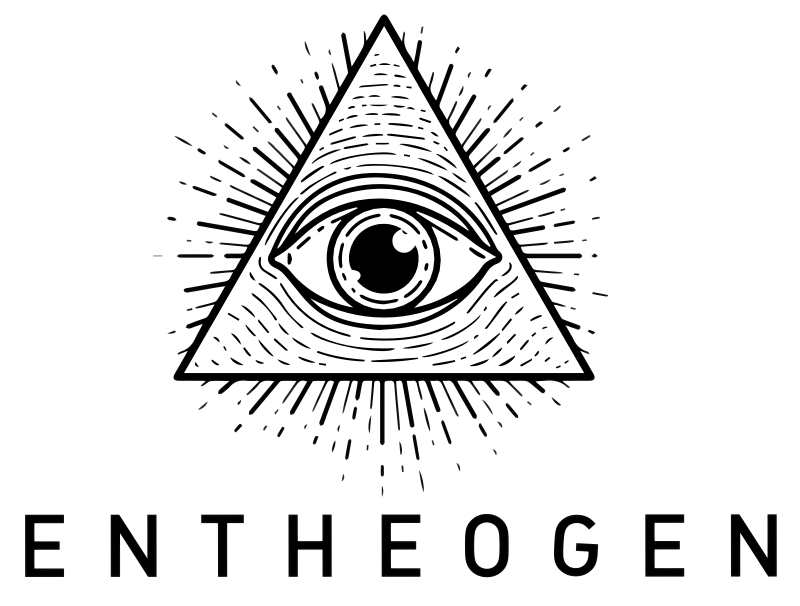This is Entheogen. Elevate the Conversation.
Please support Entheogen by making a donation on Patreon. Become a Patron for as little as $1. Pledge just $3 or more, and get early access to new episodes, plus exclusive Patron-only features. Head over to EntheogenShow.com and click on Support.
Find the notes and links for this and other episodes at EntheogenShow.com. Sign up to receive an email when we release a new episode. Follow us @EntheogenShow on Twitter and like EntheogenShow on FaceBook. Thanks for listening.
It’s April 2, 2017, and we are talking with Dr. Rosalind Watts, Clinical Psychologist at Imperial College London, working alongside Dr. Robin Carhart-Harris.
Joe’s story of psilocybin on his first “date” with his now-wife, and psilocybin’s role in their engagement
Kevin’s regular practice of taking psychedelic medicine with his wife
How Ros came to study psychedelic therapy after initially becoming disillusioned with the limits of talk therapy for the treatment of anxiety and depression; her initial skepticism about psychedelics based on their negative legacy
The importance of the patient-therapist relationship
Some guidelines from one of the father figures of psychedelic therapy, Bill Richards: “We prepare people to welcome whatever they may encounter – no picking and choosing. Sometimes you have to go through the dark night to get to the top of the mountain and the sunrise. If the inner dragon or monster appears, look him in the eye – go straight towards him. If you look the monster in the eye and go towards it, ask it what it wants – there’s always resolution, transformation, and new knowledge. When you run from it, you get into panic and paranoia, like a typical nightmare – and then you say, ‘I’ve had a bad trip.’”
Although psychedelics including psilocybin tend to be considered non-addictive, there are examples of people using them habitually
Ros mentions some examples of people in the psilocybin study for depression giving up addictions and habitual behavior
To help fund this important research, visit the Psychedelic Research Group at Imperial College London

